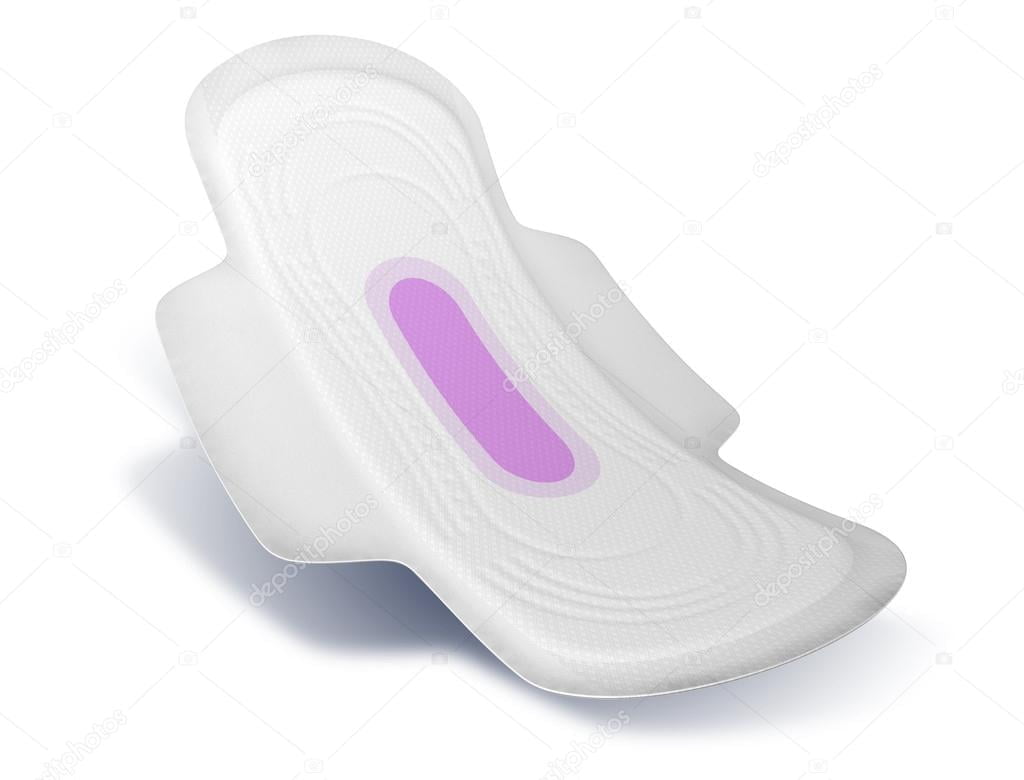Safe Menstruation Movement (SAMMO), a youth group has expressed with utmost dismay that the 2022 budget presented in parliament last week contained absolutely nothing about the scrapping of a 20 percent Import Duty Tax (Luxury tax) on the importation of sanitary products.
The government under the New Patriotic Party (NPP) in its first term in office slapped a 20 percent luxury tax on imported sanitary pads. The government explained that the 20 percent levy is necessary because sanitary pads are categorized as luxury products per the Ghana Revenue Authority (GRA) guidelines.
But after calls from a section of the public for it to be abolished, in August 2020, Vice President Dr. Mahamudu Bawumia while giving highlights of the NPP’s manifesto in the Central Region, in the full glare of the public, said the party intends to scrap the 20 percent luxury tax if Ghanaians renew the mandate of the party.
Nevertheless, after winning the 2020 elections, the government failed to fulfill its promise. And then comes another ‘failed’ promise from the Gender and Social welfare Minister, Sarah Adwoa Safo in May 2021 that her ministry is taking steps towards abolishing the 20 percent luxury tax on imported sanitary pads.
Safe Menstruation Movement (SAMMO) a youth group that is working to tackle period poverty to mitigate its effects on school-going girls in rural areas in the Upper East Region, has expressed with a shock that the 2022 budget has failed to scrap the 20 percent luxury tax on imported sanitary pads.
A statement from Nsobuno Paul, Convener of the group stated that data from GHS, GES-EMIS, GSS survey shows that over 8 million women and girls in Ghana menstruate.
“6 out of 10 girls regularly miss school during their periods, which has a negative impact on their learning and retention in school. 1 out of 2 girls between the ages of 15 and 19 is anemic, is at elevated risk due to loss of blood during menstruation. The high cost of sanitary pads is reported as a driver that pushes girls into exchange for money for sex and sexual exploitation. More than 20% of infections reported at health centers in Ghana by girls aged 13- 20 are as a result of unhygienic menstrual practices.”
Based on the facts above SAMMO believes that the continuous imposition of tax on sanitary pads is a smack in the face of girls and women in the country “where many people live under GH5.00 a day and cannot afford to buy a pad at GHC 7.00.”
SAMMO envisages seeing every menstruating young girl stay and complete school through support with the provision of sanitary products and education on Menstrual Hygiene.
The youth group over the years has provided Menstrual Health education to adolescent girls with a target to reach 5000 girls every year. The members on yearly basis are supplying sanitary products to 2000 girls in deprived communities in the Upper East Region.
Source: A1Radioonline.com|101.1Mhz|Joshua Asaah|Ghana


